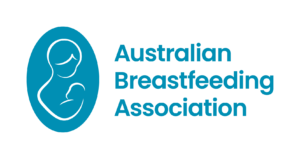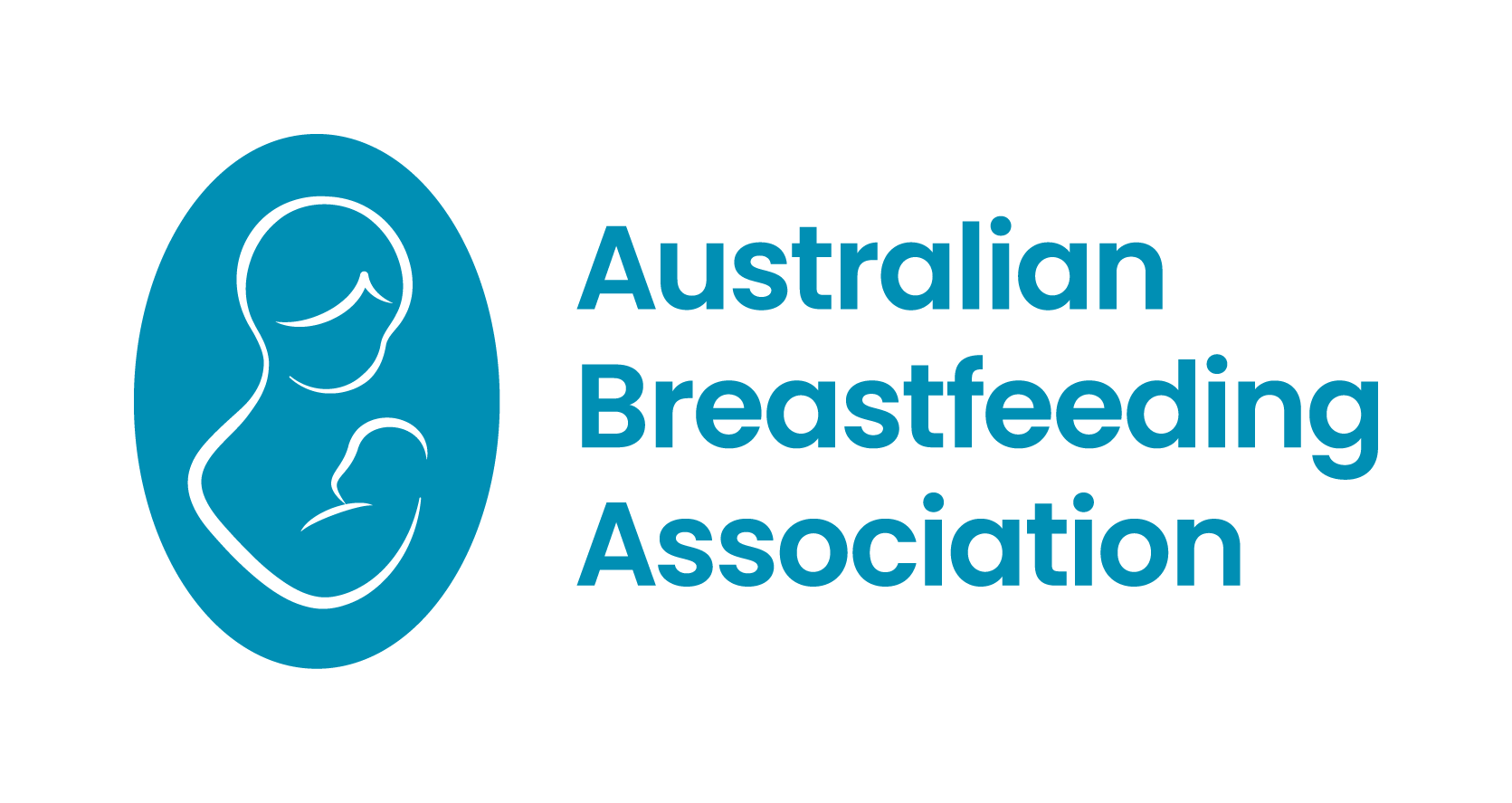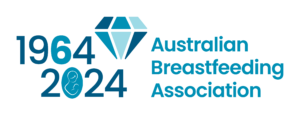Summaries of Significant New Research
The Latest Research section includes summaries written by the Breastfeeding Information and Research team of recent significant research. The summaries will help you get a clear snapshot of the study’s results and conclusions.
Authors:
Alison Stacey MBBS FRACGP IBCLC, Liz McGuire BSc IBCLC, Bernadette Gifford BAppSci(ClinSci) BOsteoSci
Ready, Set, BABY Live Virtual Prenatal Breastfeeding Education for COVID-19
Palmquist AEL, Parry KC, Wouk K, Lawless GC, Smith [...]
Breastfeeding during the COVID-19 pandemic — a literature review for clinical practice
Lubbe W, Botha E, Niela-Vilen H, Reimers P.Int Breastfeed [...]
Treatments for breast engorgement during lactation
Zakarija-Grkovic I, Stewart F.Cochrane Database Syst Rev. 2020 Sep [...]
Physiologic changes in serotonin concentrations in breast milk during lactation
Maeda T, Shioyama A, Tairabune T, Takeda R, Sanbe [...]
Significance of the tethered maxillary frenulum: A questionnaire-based observational cohort study
Naimer SA, Israel A, Gabbay A.Clin Exp Pediatr. 2020 [...]
Methods and Success Factors of Induced Lactation: A Scoping Review
Cazorla-Ortiz G, Obregón-Guitérrez N, Rozas-Garcia MR, Goberna-Tricas J.J Hum [...]







